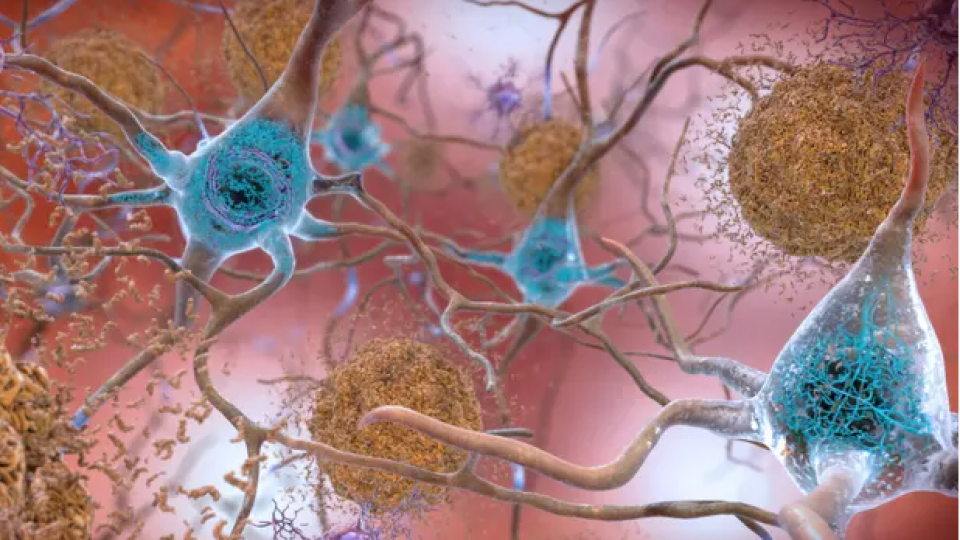In an age of excessive information, we have each developed a filtering system. To compensate, we acquire our own keywords, which pierce these systems, or, in the old parlance, make our ears prick up, be they the names of favourite teams, musicians, pastimes, conspiracy theories. Brexit.
In recent years, I have joined millions of others in acquiring the more unfortunate triggers of “dementia” and “Alzheimer’s”, but these keywords are not always the harbingers of bad news. Last week, the headlines linking them with others, such as “breakthrough” and “treatment”, will have set many of us off into a frenzy of information-gathering.
Behind the headlines, a more complex picture emerges. The announcement that lecanemab, a monoclonal antibody, can slow the cognitive decline of Alzheimer’s patients is a long way short of declaring an imminent cure for this terrible affliction, but it represents a qualitative shift in the decades-long search for a treatment.
Last year, a similar drug, aducanumab, was controversially granted its licence in America, because it was the first drug shown to alter the course of Alzheimer’s by clearing the brain of deposits of amyloid-beta, a protein that is thought to be the prime mover in the disease. That was another qualitative shift, but aducanumab’s FDA approval was controversial because its capacity to alleviate symptoms is less clear.
Lecanemab seems to take matters a step further by achieving a significant, if modest, degree of clinical benefit. Multiple caveats apply here too, but they are matched by at least as many other drugs and combinations of drugs being trialled. In quiet moments, neuroscientists accept that researchers in their field have been promising breakthroughs throughout those decades, all to no avail. Now, at last, they have achieved meaningful results in consecutive years with much more in the offing. The ball is rolling.
All of which will come too late for my wife, Vanessa. She has a rare genetic form of Alzheimer’s, from which her mother died in 2006, aged 58. Vanessa did not know her mum’s condition was genetic, but she always sensed the same fate awaited her. In her mid-to-late-40s, glaring lapses in memory started to creep in. Since 2018, her decline has been sharp. She has just turned 53 and has been in a nursing home for more than a year, unable to speak, feed herself, wash or dress.









Leave a comment